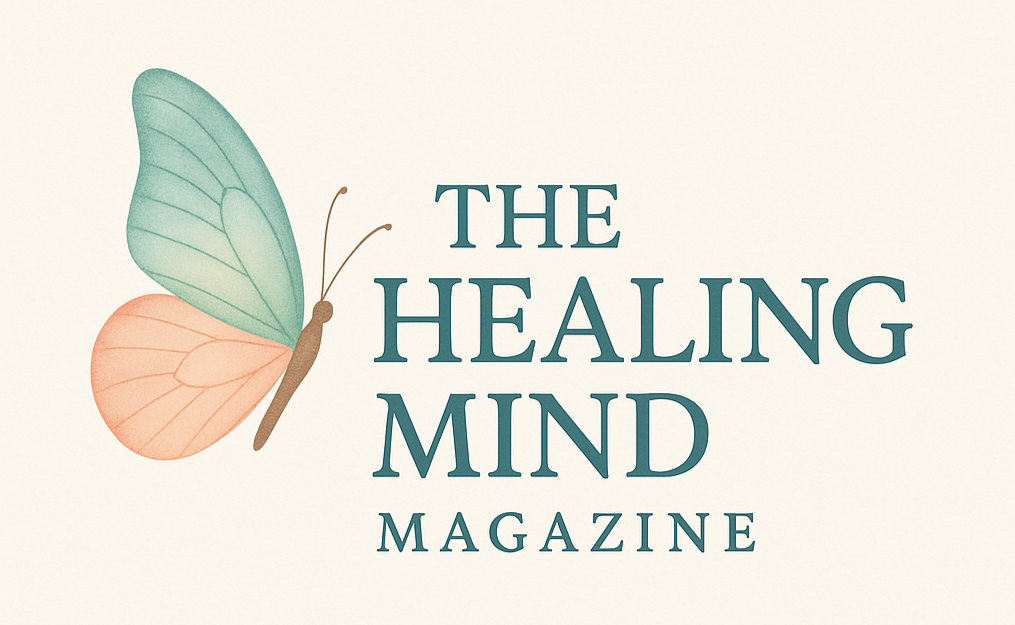CHILDREN are ready to learn from the moment they are born
How can we help our children be mentally and emotionally prepared to withstand the roller coaster rides of life? How can we help them maintain their love for learning as they grow older? How can we give children tools to face the challenges of adulthood while they’re still enjoying childhood?
Furthermore, in my professional opinion, adults are being asked to ‘think out of the box, ‘have an entrepreneurial spirit, and become ‘producers’. This does not make any sense when a ‘fixed mindset’ was followed. However, changes are possible, but extremely difficult to achieve for many people.
A growth mindset, proposed by Professor Carol Dweck in her book Mindset, describes people who believe that their success depends on time and effort.
People with a growth mindset feel their skills and intelligence can be improved with effort and persistence. … The opposite of a growth mindset is a fixed mindset.
Professor Carol Dweck is known for her research on growth mindset versus fixed mindset. Dweck tells of a high school in Chicago where, if a student didn’t pass a class, instead of a failing grade, they received the grade “not yet.” Rather than feeling the worthlessness that can accompany failure, this empowered them to believe they could try again.
But a growth mindset isn’t just a nice idea that helps kids feel good about themselves. Developing a growth mindset has been proven, time and time again, to improve resilience and success.
The Fixed Mindset: “In a fixed mindset, people believe their basic qualities, like their intelligence or talent, are simply fixed traits. They spend their time documenting their intelligence or talent instead of developing them. They also believe that talent alone creates success—without effort.” (Dweck, 2015)
- Sees intelligence as something you simply have or don’t have
- Focuses on getting good grades and test scores
- Avoids difficult tasks and sticks to easy ones
- Needs validation of worth and abilities
- Sees failure as evidence of personal flaws
- Hides failure and struggle – it’s too embarrassing
- Avoids risk because, well, it’s too risky
Results of a Fixed Mindset
In comparing students’ approaches to difficult new concepts, Professor Dweck noted that some kids jumped at the chance to face a challenge, while others shrunk at the thought of the pressure and potential failure that loomed. The latter group was more likely to 1) cheat instead of study, 2) find someone who performed worse than they, or 3) flee at the thought of struggle. “ Instead of luxuriating in the power of yet, they were gripped in the tyranny of now.”
The Growth Mindset: “In a growth mindset, people believe that their most basic abilities can be developed through dedication and hard work—brains and talent are just the starting point. This view creates a love of learning and a resilience that is essential for great accomplishment.” (Dweck, 2015)
- Sees intelligence as flexible –with potential to grow
- Focuses on a love for the process of knowledge-seeking
- Embraces challenges and engages in learning
- Is confident of worth and abilities to learn and improve
- Sees failure as an opportunity to grow
- Seeks help in struggles-shame shouldn’t hinder progress
- Is willing to take risks because the growth is worth it
Results of a Growth Mindset
From the brain scans of these different groups, Professor Dweck observed that a child with a growth mindset has a brain “on fire” with activity when faced with a mistake. “They process it, learn from it, and correct it.” On the other hand, those with a fixed mindset have virtually no activity in these situations.
In her studies, Professor Dweck has demonstrated over and over again how students who were specifically taught the skill of a growth mindset experienced a significant rise in their grades in as little as a few months to a year.
Developing a growth mindset is a skill that will benefit your kids for the rest of their lives. They will become resilient, ready to face whatever challenges life throws at them. They will know that, just as each season of the year has a unique beauty, all stages and emotions of life are okay. They will revive a love for learning, and an excitement for growth. Jess Lair is known to have said, “Children are not things to be molded, but are people to be unfolded.” When we instill a growth mindset in our children, we equip them with the confidence to become whoever they want to be, and the perspective they need to unfold their incredible potential.
After decades of research, world-renowned Stanford University psychologist Carol S. Dweck, Ph.D., discovered a simple but groundbreaking idea: the power of mindset.

Lilly Botto -Writer -” House & Garden” Category







